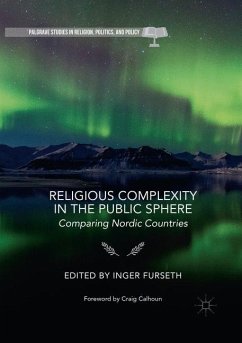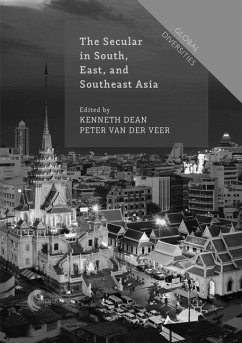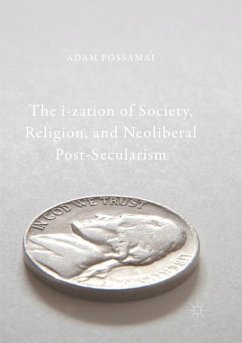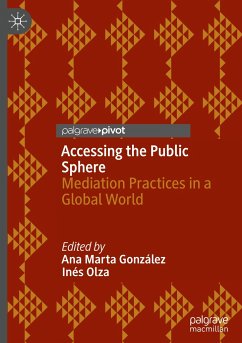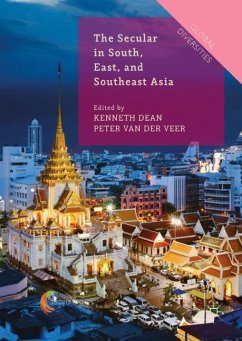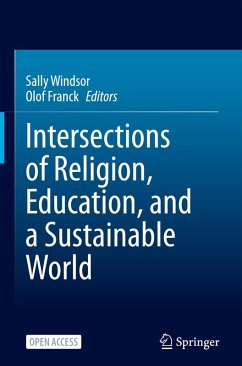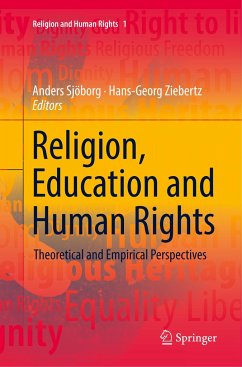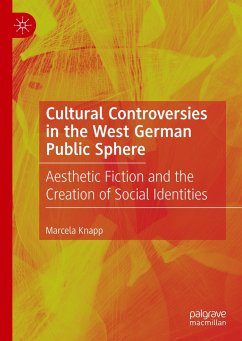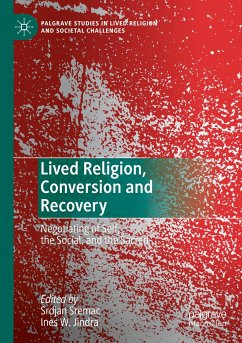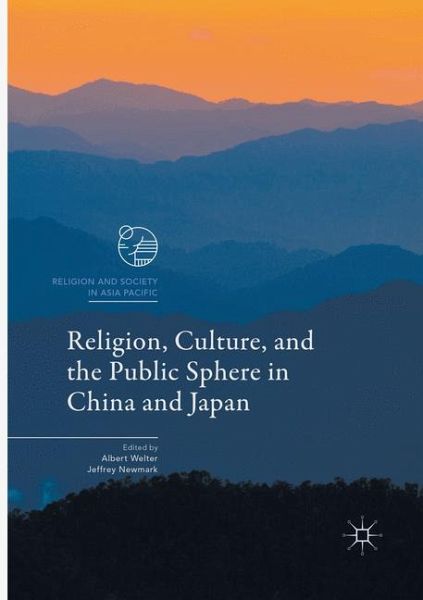
Religion, Culture, and the Public Sphere in China and Japan
Versandkostenfrei!
Versandfertig in 6-10 Tagen
65,99 €
inkl. MwSt.

PAYBACK Punkte
33 °P sammeln!
This collection examines the impact of East Asian religion and culture on the public sphere, defined as an idealized discursive arena that mediates the official and private spheres. Contending that the actors and agents on the fringes of society were instrumental in shaping the public sphere in traditional and modern East Asia, it considers how these outliers contribute to religious, intellectual, and cultural dialog in the public sphere. Jürgen Habermas conceptualized the public sphere as the discursive arena which grew within Western European bourgeoisie society, arguably overlooking topics...
This collection examines the impact of East Asian religion and culture on the public sphere, defined as an idealized discursive arena that mediates the official and private spheres. Contending that the actors and agents on the fringes of society were instrumental in shaping the public sphere in traditional and modern East Asia, it considers how these outliers contribute to religious, intellectual, and cultural dialog in the public sphere. Jürgen Habermas conceptualized the public sphere as the discursive arena which grew within Western European bourgeoisie society, arguably overlooking topics such as gender, minorities, and non-European civilizations, as well as the extent to which agency in the public sphere is effective in non-Western societies and how practitioners on the outskirts of mainstream society can participate. This volume responds to and builds upon this dialogue by addressing how religious, intellectual, and cultural agency in the public sphere shapes East Asian cultures, particularly the activities of those found on the peripheries of historic and modern societies.





